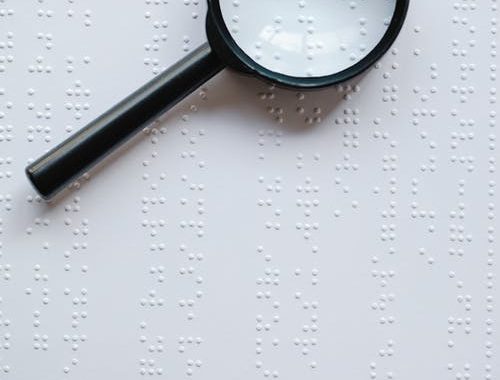Every time there’s an investigation conducted for a criminal case, evidence is required to uncover the truth. Investigators are responsible for seeking and collecting data that can be used to get more details about the case and determine who the culprit is.
Evidence exists in various forms. Even if a particular form of evidence isn’t allowed to be used in courts, investigators can still use it to get more insight into the case. Let’s take a look at three of the most popular types of evidence used in investigations.
Physical Evidence
The first thing investigators look for is physical evidence at or near the crime site. This includes tangible objects that indicate what may have transpired at the site. For instance, things such as weapons, broken items, residue, or unusual objects can be considered physical evidence. In addition to this, physical evidence also includes elements that can be recorded or documented. For instance, burn marks on a countertop, bloodstains on the floor, or placement of certain items such as labels or lighting can be documented as physical evidence.
Physical evidence is also often referred to as material evidence. It may be presented in court either as a physical object or as documentation. For instance, investigators may describe the crime site in text or use images to show the setting.
Forensic Evidence
Forensic evidence refers to the scientific evidence obtained that investigators can use to ascertain a suspect’s complicity or innocence. It includes material such as fingerprints, DNA, ballistics reports, or other trace evidence.
This form of evidence is considered to be an extremely reliable tool for investigations. A majority of criminal cases use reliable scientific forensic evidence to convict criminals and free innocent suspects correctly.
Digital Evidence
Another form of evidence that has gained popularity in the last couple of decades is digital evidence. This refers to any type of digital file extracted from an electronic source. For instance, audio and video clips, emails and text messages, and other documents extracted from storage systems, servers, and hard drives count as digital evidence. Investigators can also obtain digital evidence via home automation devices, video game consoles, and other lesser-known sources!
Famous criminal cases such as those of the BTK Killer and the Craigslist Killer have been solved using digital evidence.
The Evolving Landscape of Digital Evidence:
In the ever-evolving landscape of criminal investigations, the pivotal role of digital evidence is magnified as technology advances. The extraction of information from digital sources necessitates a constant adaptation and upskilling for investigators. Staying informed about the latest developments in digital forensics is imperative to guarantee the precise collection and preservation of evidence.
Specialized agencies, such as Eclipse Forensics, a certified digital forensics agency in Florida, serve as prime examples of the expertise required to adeptly navigate the intricacies of digital evidence. Their focus on digital forensic services, including audio forensics, cell phone searching, and forensic video analysis, underscores the multidimensional nature of contemporary investigative practices.
In the realm of criminal investigations, the triad comprising physical, forensic, and digital evidence constitutes the foundational elements. Each type contributes a unique perspective, fostering a comprehensive understanding of the events surrounding a crime. As technology advances, the significance of digital evidence becomes increasingly integral, demanding a specialized skill set for its effective utilization. Agencies like Eclipse Forensics exemplify the dedication and expertise of a digital forensic expert to navigate the intricate landscape of modern forensic investigations. This dedication ultimately contributes to the pursuit of justice in the cyber realm.
Having said that, collecting digital evidence is more technical than it sounds. Extracting information from digital sources requires a particular skill set and expertise. It’s also tricky to properly preserve digital evidence for the right time.
This is where our team comes in the picture. Eclipse Forensics is a certified digital forensics agency in Florida that specializes in audio forensics, cell phone searching, forensic video analysis, and other digital forensics services in the state. Contact our team today!



